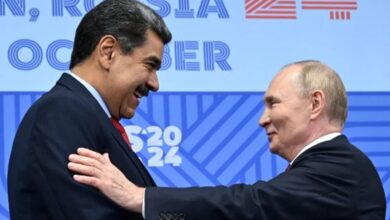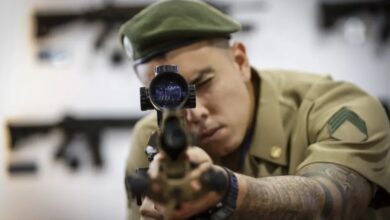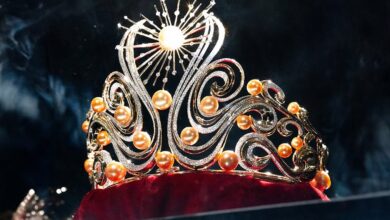Vladimir Putin: Friend Of The Left in Latin America and The Extreme Right in Europe
Russian President Vladimir Putin has an extensive list of allies that span the political spectrum .

Photo: kremlin.ru
LatinAmerican Post | Santiago Gómez Hernández
Escucha este artículo
Leer en español: Vladimir Putin: amigo de la izquierda en Latam y de la extrema derecha en Europa
Vladimir Putin is versatile enough to have a list of friends that few others would understand. He is a pragmatic man and his political orientation does not prevent him from being able to ally himself with different heads of state in different contexts depending on his interests.
Now that Russia is in the middle of a war with Ukraine and the West, allies become valuable and scarce . There are not many countries today that are willing or even able to help Russia because of the risk that receiving fines entails.
But Putin has long managed to establish alliances with various world leaders. The striking thing is that while Putin has been close to the extreme right in Europe; In Latin America, his allies are from the left and extreme left, which shows that his interests, rather than being aligned with any political ideology, are more with authoritarian regimes.
Europe
Despite the fact that Putin has always been close to several Eurosceptic, populist and far-right leaders, with the recent invasion of Ukraine, several have tried to distance themselves from him.
The most particular case was that of Marine Le Pen in the French elections. The head of the French populist and nationalist right, carried the ballast of representing "cronyism" with Vladimir Putin. Several of the meetings in which the Russian president has coincided with the French opposition leader were used as political attacks by the current French president, Emmanuel Macron.
However, the clearest case of this Putin-extreme right alliance in Europe is Viktor Orbán. The Hungarian president is the voice of European skepticism, conservatism and Europe's anti-immigration policies.
Several of his political positions could be more in accordance with Putin than with Olaf Scholz (the chancellor of Germany). He is against rights for the LGBT community, abortion, immigration and progressivism. Similar to the homophobic policies of Putin's ruling United Russia party.
Despite the fact that at the beginning of the war in Ukraine Orbán supported sanctions against Russia, today the Hungarian leader has preferred practical neutralism. Without attacking Putin head-on and without completely disassociating himself from the rest of the European Union. Orbán is the key player that Putin has in the EU and surely Hungary knows of the hinge power that he will be able to play. Putin and Orbán have become the figure of Christian conservatism in an increasingly liberal Europe.
Latin America
While in Europe, the most populist leaders and those most on the political right are those close to Putin, in Latin America the opposite phenomenon occurs. Whether in Cuba, Venezuela, Nicaragua or Argentina or Bolivia, Russia has been a key ally of leftist governments.
You may also be interested in: Is Maduro Becoming Popular Again?
Not only has Putin been the main partner of the dictatorships of Miguel Díaz-Canel, Daniel Ortega or Nicolás Maduro, he has also been an important ally for leftist governments such as in Argentina, Bolivia and other countries.
This is evident in the support that the Eurasian superpower provided to several countries in the region by supplying the Sputnik vaccine. This is due, in the first place, to the historical ties that countries such as Cuba and Russia have maintained since the era of the Soviet Union. This has been extrapolated and Putin becomes the ideal partner against US imperialism and influence. The governments understand that both Russia and China are the main partners in order to reduce the influence of the northern superpower.
However, the most important thing to note among Putin's alliances in Europe and Latin America is not political ideology as such. It is simply the type of government. Both Orbán, Maduro, Díaz-Canel and Ortega share their totalitarian models with Putin himself. Dictators like Lukashenko in Belarus or the Central Asian republics are the same. For some time now, the rapprochement between Putin and right-wing populist governments such as Jair Bolsonaro or Donald Trump himself has been highlighted.




